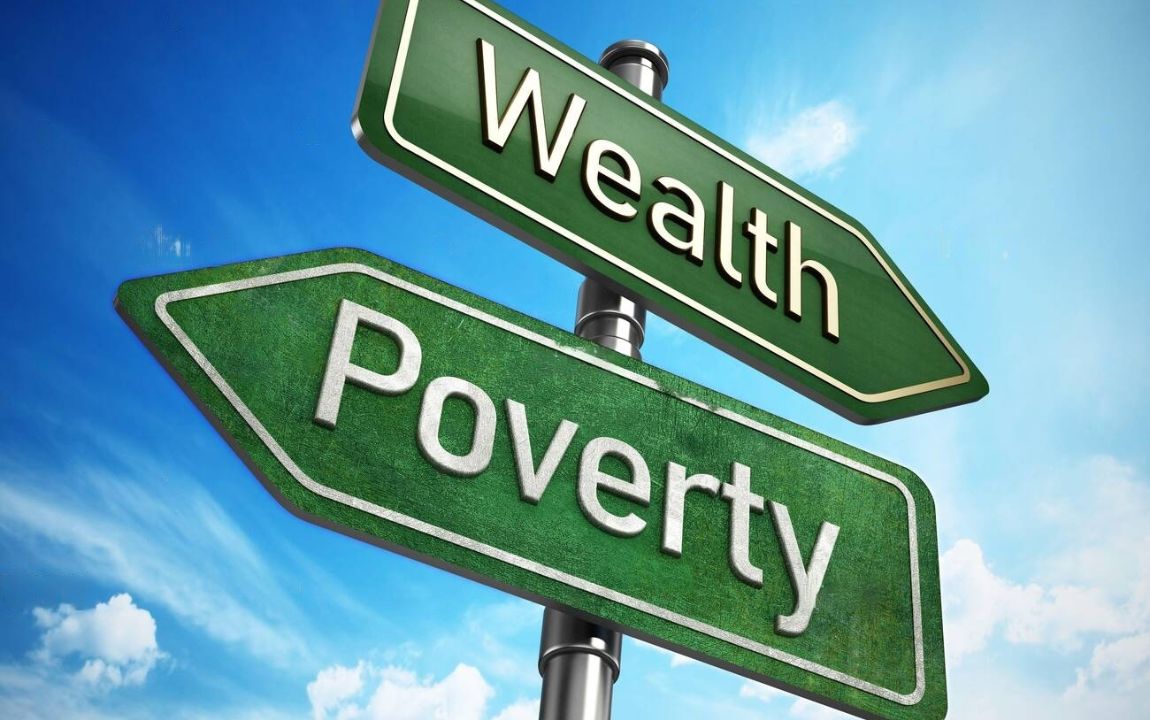Wealth creation and poverty are two concepts that represent opposite ends of the economic spectrum. Let’s explore each of them:
Wealth Creation
Definition: Wealth creation refers to the process of generating assets, resources, and financial value. It involves the accumulation of capital, investments, and the creation of goods and services that contribute to economic growth.
Factors: Several factors contribute to wealth creation, including innovation, entrepreneurship, education, access to capital, technological advancements, and a favorable business environment.
Benefits: Wealth creation has positive effects on individuals, communities, and nations. It leads to job creation, increased standards of living, improved infrastructure, and a higher quality of life for a population.
Poverty
Definition: Poverty is a condition characterized by a lack of resources, income, and basic necessities required for a minimum standard of living. It is a complex issue encompassing economic, social, and political factors.
Causes: Poverty can result from factors such as low income, lack of education, limited access to healthcare, discrimination, political instability, and economic inequality.
Consequences: Poverty has detrimental effects on individuals and societies. It can lead to poor health, limited access to education, high crime rates, and a cycle of generational poverty.
Relationship between Wealth Creation and Poverty:
Positive Cycle: Wealth creation, when inclusive and sustainable, can contribute to poverty reduction. Economic growth and job creation are essential components of lifting people out of poverty.
Challenges: However, the benefits of wealth creation are not always evenly distributed. If wealth creation is concentrated among a small segment of the population, it can exacerbate income inequality and contribute to poverty for others.
Policy Interventions: Governments and organizations often implement policies and programs to address poverty by promoting inclusive economic growth, providing social safety nets, and investing in education and healthcare.
In summary, wealth creation and poverty are interconnected aspects of the economic landscape. While wealth creation is essential for overall prosperity, it’s crucial to ensure that the benefits are distributed equitably to reduce poverty and promote sustainable development. Effective policies and interventions are essential to strike a balance and create a more just and inclusive society.

